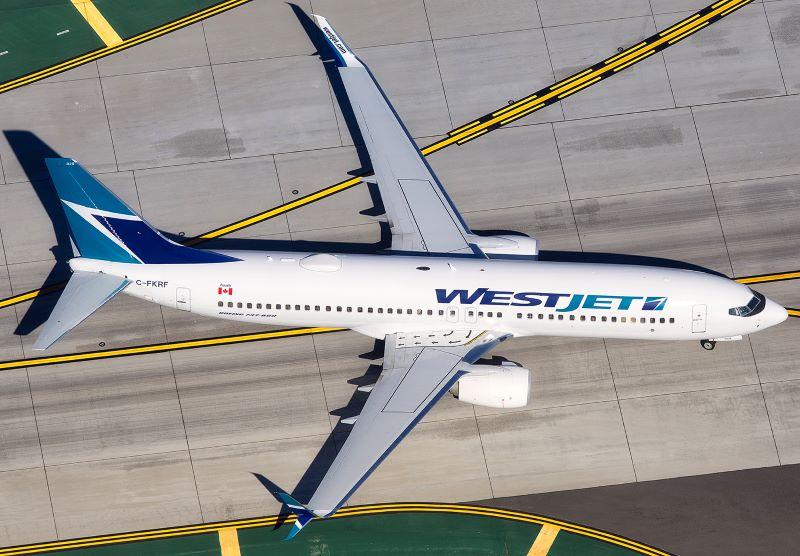
Credit: Joe Pries
Canada’s Minister of Labor has ordered final binding arbitration to resolve negotiations between WestJet and its Aircraft Maintenance Engineers (AMEs), following two strike notices within a nine-day period. The decision, which averts a strike set to begin as early as 5:30 p.m. MT on June 28, comes...
Subscription Required
WestJet Averts Mechanic Strike As Labor Minister Intercedes is published in Aviation Daily, an Aviation Week Intelligence Network (AWIN) Market Briefing and is included with your AWIN membership.
Already a member of AWIN or subscribe to Aviation Daily through your company? Login with your existing email and password
Not a member? Learn how to access the market intelligence and data you need to stay abreast of what's happening in the air transport community.





